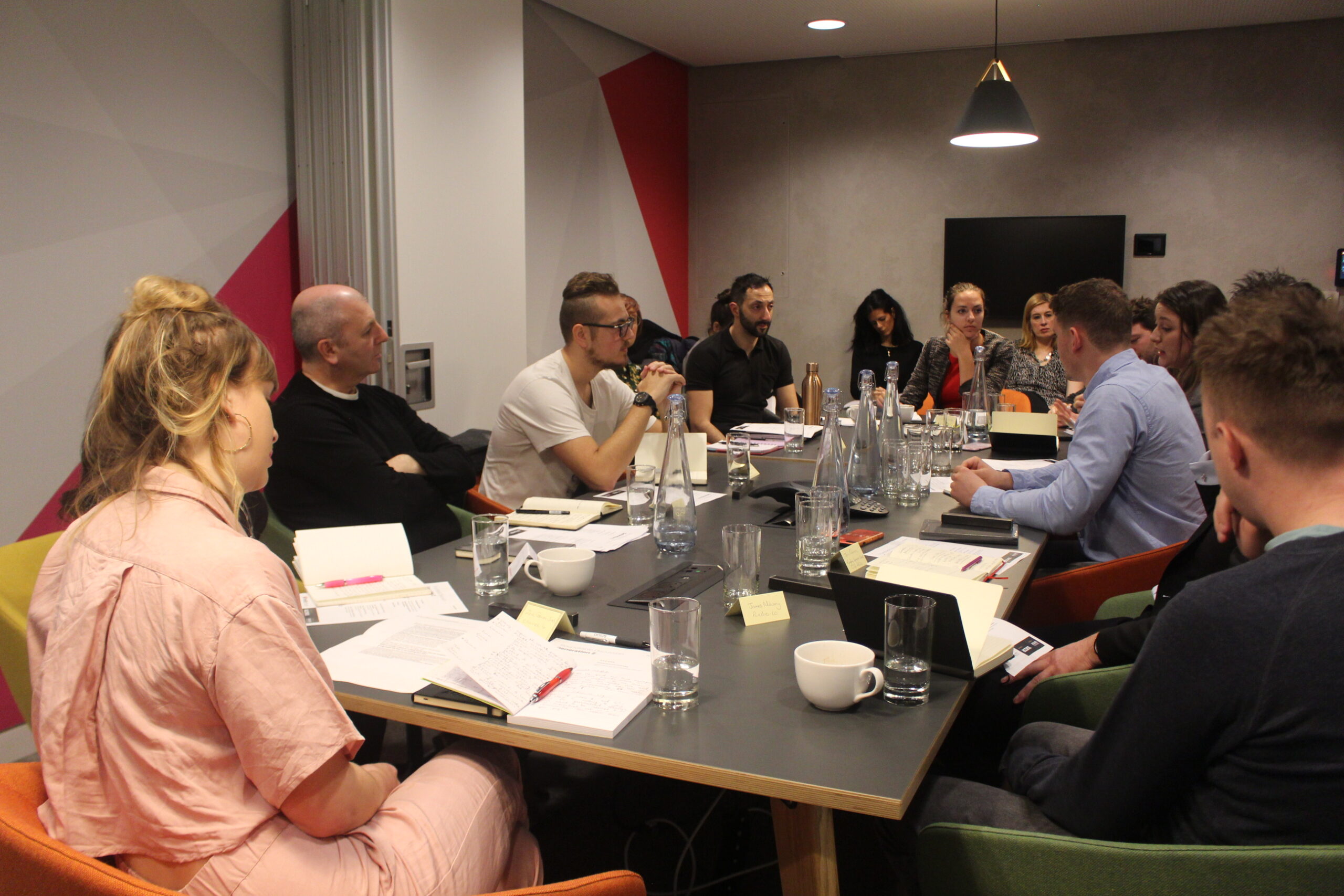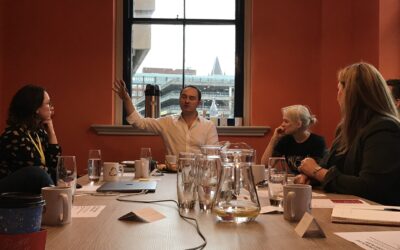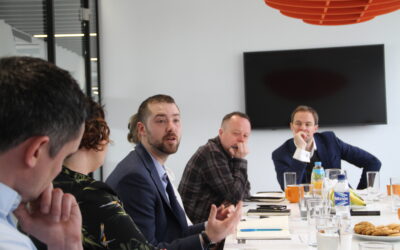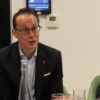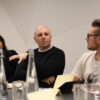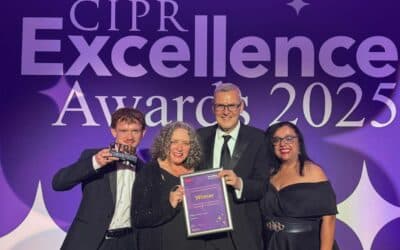Review: Generation Z – Prolific North Roundtable Discussion
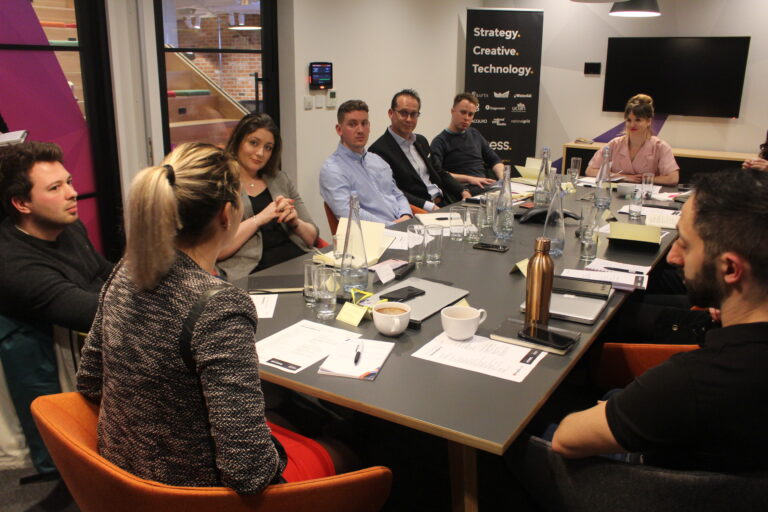
-
by Charlie Spargo
Subscribe to the Prolific North Daily Newsletter Today!
Want all the latest content from Prolific North delivered direct to your inbox daily? Of course you do!


Generation Z is the next Holy Grail for marketers. They will be tomorrow’s consumers, with a set of core beliefs and motivations still not fully understood.
Now Generation Z has come of age, all sectors are trying harder than ever to look to the future, profile the group’s requirements and preferences, and draw on the capabilities of today’s technologies to sell better.
Business leaders and Marketing Directors came together at Manchester’s B Works to discuss how to understand Generation Z better, in a talk hosted by Channel 4’s Research Manager, Zoe Bowen-Jones. Thanks must also go to sponsors Access and Acquia for bringing the event to life.
Chaired by Zoe Bowen-Jones, Channel 4, Research Manager
Attendees:
-
Stacey Anderson, University Academy 92 (UA92), Head of Marketing
-
Phil Fraser, Access, Head of Account Management & Planning
-
Simran Whitham, Manchester Gamers Unite, Founder
- Leanne Ledger, Access, Planner
- Finn Christo, Robert Street Hub, Group Head of eCommerce and Marketing
- Emma Adam, Acquia, Account Executive
- Zac Williams, GradTouch, Founder
- Emma Sadler, Prime Student Living, Marketing Manager
- Joe Winterburn, Acquia, Account Executive
- Jon Dutton, Rugby League World Cup 2021, CEO
- James Mulvany, Radio.co & Podcast.co, CEO
An introduction to who Generation Z are
Leanne Ledger (Access) shared a selection of statistics regarding what characterises Generation Z – that is, those born between 1995 and 2010. They’re what we call “digital natives”, grew up in uncertain and unsettled times, and have a different outlook to Millennials. While the stereotype is that they’re obsessed with social media, the truth is that they’re obsessed with people, she says.
Zoe Bowen-Jones (Channel 4) said the advent of mobile technology means the home is no longer the haven it used to be. They’re on their phones the whole time, and if something happens at school it carries on when they go home. On the other hand, Generation Z have been shown to be more likely to speak to their parents about any issues they’re having.
Simran Whitham (Manchester Gamers Unite) said social media has enabled everyone to have a voice, be open and honest. People are more open because they’ve had experience being more open on social media.
Rebalancing personalisation and segmentation
Zoe Bowen-Jones (Channel 4) said on the one hand, digitalisation has allowed marketers to speak to everyone at once. But we’re still yet to fully understand how to get the balance correct between broad-brushstrokes and a really personalised approach. When is it right to use personalisation, she asked.
Zac Williams (GradTouch) said GradTouch segments audience broadly at the beginning of a marketing campaign but once users are on-board ensure everything is extremely personalised. It’s the best way to get someone to do something – and what’s more, people can see through badly done personalisation. GradTouch get criticised on social media if someone interested in marketing gets suggested a job in accountancy.
Emma Sadler (Prime Student Living) added if you’re going to be lazy with personalization, don’t bother doing it at all. At Prime Student Living, they learn people’s preferences on things like coffee or tea; favourite films; where they shop; what they’re looking to get out of university, and so on. She uses the example of Boden – who have dropped the label of CMO in favour of CCO – someone whose job is to understand customers.
Joe Winterburn (Acquia) said it’s a waste of time and money to invest in technology without any strategy. You need to be able to cast the net effectively, then hone it in once consumers are engaged.
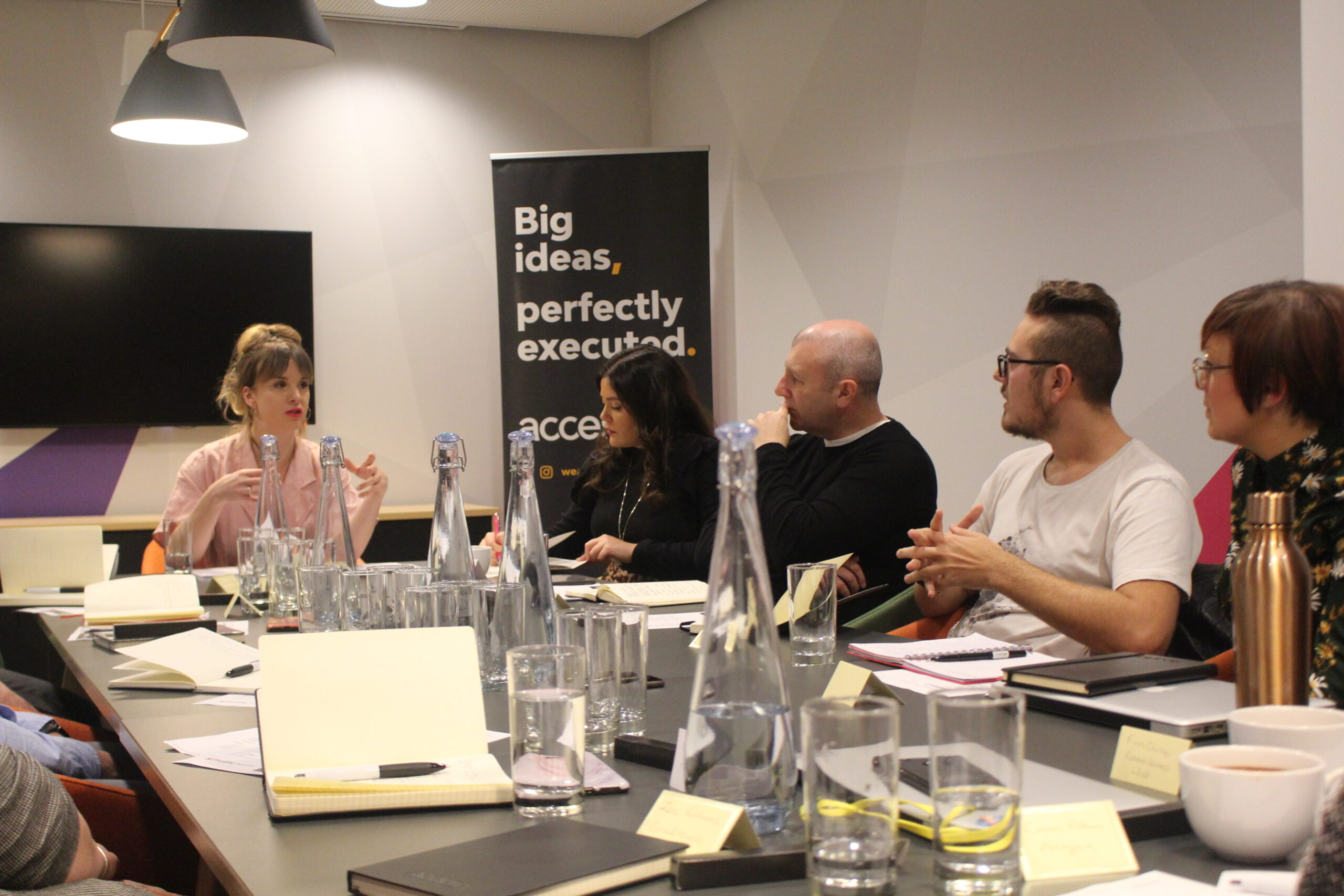
Zoe Bowen-Jones (left) drew on the enlightening results of Channel 4’s UK Tribes research
Leanne Ledger (Access) emphasised that engaging a consumer with something hyper-personalised might feel intrusive. There’s a balance – presenting relevant content that feels natural. Using Spotify Daily feels totally seamless, not jarring.
Emma Sadler (Prime Student Living) made the distinction between acquisition marketing, which you can’t necessarily rely on to be personalised, and retention marketing, which it’s much easier and more natural to personalise.
Zoe Bowen-Jones (Channel 4) raised the point that there’s a limit to what extent you want to make decisions on people’s data without their knowledge. You can bring people in to personalise the experience themselves, which often works better.
Jon Dutton (Rugby League World Cup 2021) said he’d read a report on Generation Z from Germany’s Bundesliga. It found that in a sports consumption environment, people stated they wanted premium content, they want it personalised, and most importantly they’re willing to pay.
James Mulvany (Radio.co & Podcast.co) pointed out that at the moment, a lot of Generation Z are still too young to have money. The older end might have credit cards, salaries and student loans, but a big chunk is pre-spending.
Emma Adam (Acquia) said there are conflicting goals – what the market wants, which is increased clicks and conversions; and what execs are expecting, which is increased revenue. We must define the goal of personalisation beyond just driving people from social media to your website.
Phil Fraser (Access) said TV and OOH advertising actually scores quite highly with Generation Z, because it’s unusual and retro, it permeates their filter and they remember it. Also, there’s now a change in preferences – people like adverts with real people, not models. UCLan had a campaign that used real students from the university as the central figures – they were easier to source, and it was more effective among Generation Z.
Emma Sadler (Prime Student Living) said the marketing industry has become too obsessed with measurement. For some, if they can’t measure click-throughs, they pull their whole spend on that marketing avenue. It’s the wrong attitude.
Zoe Bowen-Jones (Channel 4) said research showed that TV was still the most effective form of advertising for long- and short-term ROI. For Generation Z marketers tend to think of digital and social immediately, but we don’t know enough about their long-term effectiveness.
James Mulvany (Radio.co & Podcast.co) concurred – pointing out how often you see interesting and attention-catching adverts on your Instagram feed, but how likely are you to remember the company the next day?
Stacey Anderson (UA92) said on a recent campaign, their creative partners noticed it was outperforming all averages in higher education both digitally and in the real world. Conversion rate was good but it wasn’t translating to real-life uptake – leading UA92 to choose more traditional forms of media to build brand awareness.
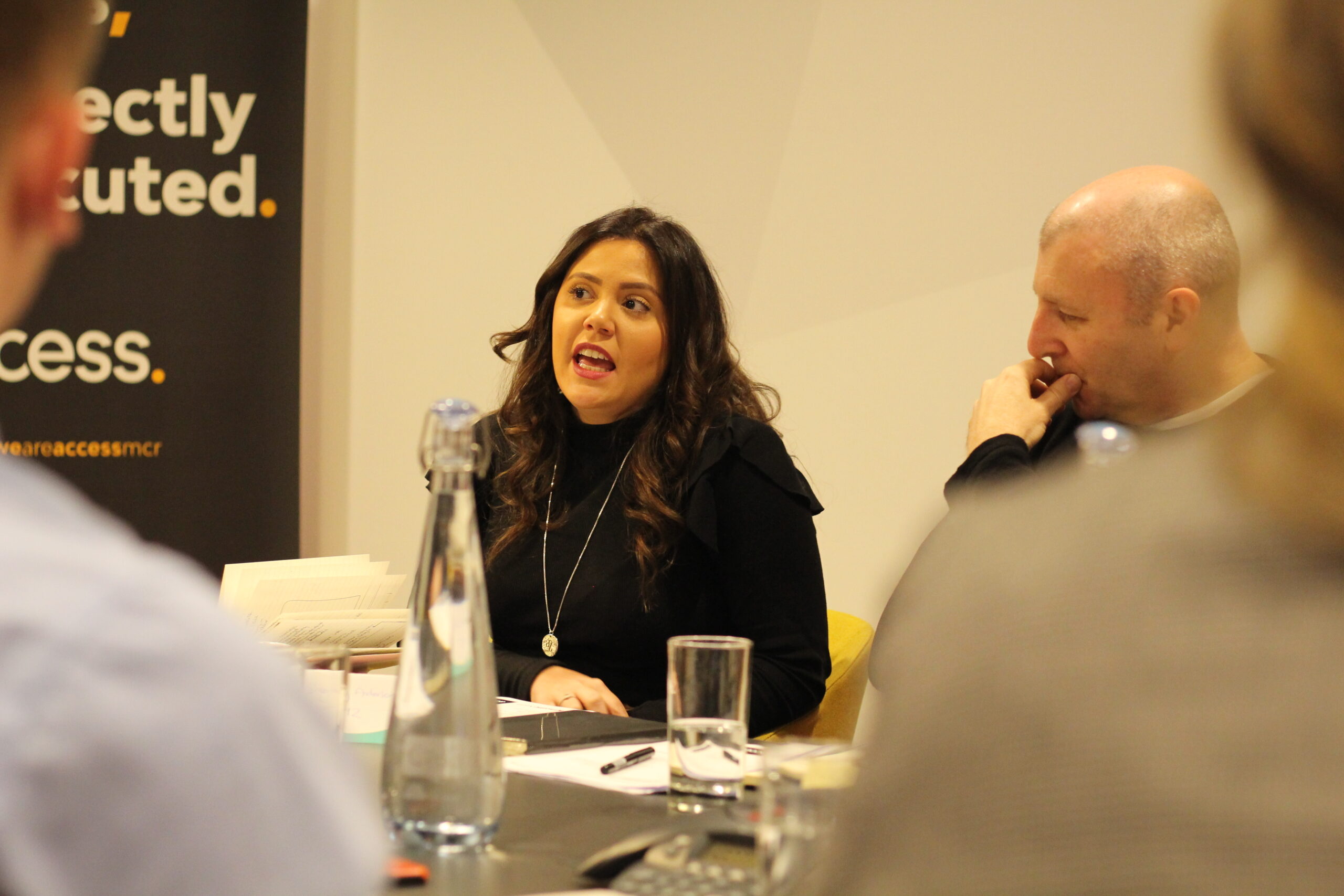
Stacey Anderson questioned whether digital conversations actually drove results
Separating the digital and physical brand experience
Leanne Ledger (Access) said there’s a role for digital marketing in keep-warm activity – but for any generation it’s best to talk to a human, especially for things like big purchases.
Emma Sadler (Prime Student Living) mentioned chatbots – some brands do it well but they must be humanised. Unless they get a lot better they won’t work for Generation Z, who like human interaction.
Simran Whitham (Manchester Gamers Unite) said his organisation uses chatbots a lot. They did a social experiment – for one month, Simran himself managed all social communication, then they built a bot that copied the algorithm of how he responded to requests. For the next 50 people who messaged, they were talking to a bot pretending to be Simran – and not one of them noticed.
Zoe Bowen-Jones (Channel 4) said Channel 4’s Tribes research brought up a common theme that Generation Z are used to spending time managing their own brands across media – so they know all the tricks and don’t trust what ads say.
Stacey Anderson (UA92) said she now has to justify why she doesn’t want to use technology sometimes. Using banking as an example, sometimes the app’s not going to cut it, but advisors still say “why haven’t you used the app?” She wants to speak to a person to ensure authenticity.
Zac Williams (GradTouch) said employers tell them that young people sometimes don’t answer the phone for interviews. The skills training they do now is around talking to people professionally and what not to do in an interview. Generation Z have no idea how to personalise their approach to others – starting cover letters with “Dear Sir/Madam” even when a name is given, assuming their application won’t be read over by an individual.
Jon Dutton (Rugby League World Cup 2021) said his team’s interested in using digital to enhance the physical experience. Even with OTT content, eSports and VOD, people will still pay to come to a stadium and watch a live, appointment-to-view sporting event. Digital should support not replace that.
Finn Christo (Robert Street Hub) said the culture of using Netflix and Spotify means Generation Z are used to a custom feed. His previous company worked towards a homepage customised to each user – but the data sets were just too big.
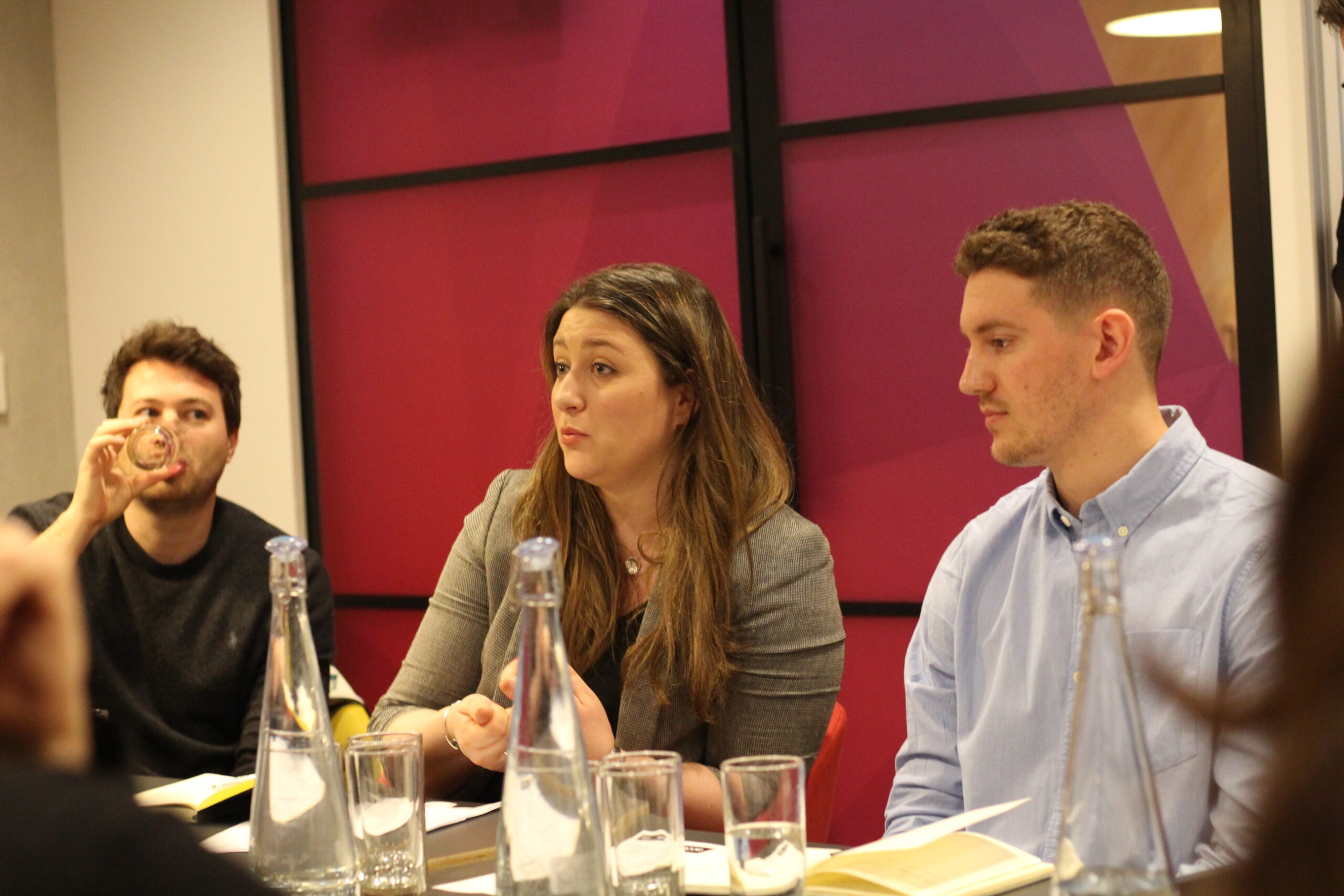
Emma Sadler (centre) said marketers have become too obsessed with measurement
Brand purpose and CSR
Zoe Bowen-Jones (Channel 4) said Channel 4 found that campaigns focused on brand purpose had twice the effect on 16 to 24-year-olds as they did on over-45s.
Jon Dutton (Rugby League World Cup 2021) pointed out that Generation Z are the first generation to look seriously at climate change. They’re also talking about mental health. However there’s a dichotomy in sport – the biggest commercial partners are gambling companies. They bring in lots of money, but potentially also drive mental health issues.
Emma Adam (Acquia) said she was surprised to see that Generation Z actively check using technology whether the groceries or clothes they’re shopping for meet their ethical standards – whether that’s 100% vegan food or where items are made.
Zoe Bowen-Jones (Channel 4) said young people instantly pick up on hypocrisy – pointing to Iceland’s Christmas advert where they promised to take out palm oil but didn’t follow through.
Emma Sadler (Prime Student Living) said Adidas’s recent release of trainers made entirely from recycled ocean plastics is just a gimmick – one pair, one design, potentially just a time-limited run.
Zac Williams (GradTouch) challenged the received wisdom of young people prioritising doing the right thing all the time. Having surveyed tens of thousands of applicants, the top thing that comes up is salary. Ethics and CSR policies are in the bottom 20% to 30% of priorities. When they’re transitioning, ideals and beliefs go out the window because a job pays £30,000 and is based in Central London. Last year, 74% said salary was the most important thing.
Finn Christo (Robert Street Hub) pointed out a hierarchy of needs. Perhaps the values that allegedly define them apply up to a certain point, but ultimately they need to pay for food, shelter and community.
Leanne Ledger (Access) suggested we take all studies with a pinch of salt – the same with what anyone says they’re going to do. What Generation Z said they will do, in many cases they probably wouldn’t.
Phil Fraser (Access) said, on the other hand, it’s good that people are voicing their opinions, because companies are having to sit up and listen – even if it is just lip service at the end of the day. Corporate Social Responsibility actually means something now.
Emma Adam (Acquia) suggested that Generation Z, and even Millennials, are looking for careers that pay enough for them to survive and actually build a future. Salary’s clearly important but technology has made them aware of global issues. They try and compensate a high salary with an ethical standard of living.
Zac Williams (GradTouch) ultimately concluded that he saw no real difference in marketing to Generation Z as he would about any other generation. The underlying principles are exactly the same, and the normal approach to marketing still absolutely key.
Conclusion
With a wide range of sectors and specialists represented, the Generation Z discussion covered a wide, fascinating range of topics. Those collected agreed that personalisation mattered enormously but must be done correctly and not indiscriminately, and pointed out the contexts that made Generation Z a more globally aware and technology-focused group.
But they also challenged stereotypes and received wisdom – despite what Generation Z says, there seems to be less of a commitment to ethics than many allege. At the end of the day, marketing to Generation Z might not be as different to marketing to others as people have previously assumed.
